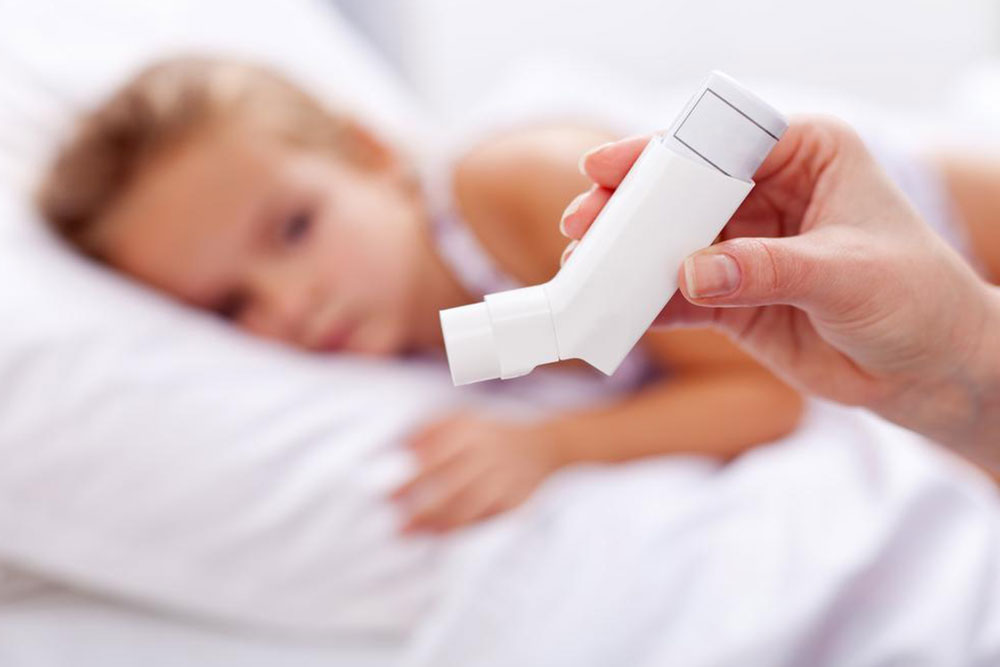Effective Medications for Managing Allergies
Explore essential allergy medications including antihistamines, decongestants, combination drugs, steroids, and immunotherapy options. Learn how these treatments can effectively manage allergy symptoms, improve quality of life, and when to consult your healthcare provider for safe use.

Effective Medications for Managing Allergies
Understanding Allergies
If allergy symptoms persist over time despite regular check-ups and your doctor mentions that allergies have no known cure, this is typical. Generally, allergies cannot be completely cured but their symptoms can be managed with appropriate medications. Common signs include a runny nose, itchy eyes, and frequent sneezing. These medications aim to alleviate discomfort. Let’s explore some of the most effective allergy remedies and treatments to find the best relief options.
Antihistamines
Antihistamines are widely used to ease allergy symptoms. They have a long history of safe use and include options like tablets, syrups, nasal sprays, and eye drops. Nasal sprays can provide quick relief when used as directed but should be limited in duration to avoid side effects. Common over-the-counter antihistamines include cetirizine, chlorpheniramine, and diphenhydramine.
Decongestants
These medications help reduce nasal congestion and are often combined with antihistamines for better symptom control. Available as nasal sprays, eye drops, and oral liquids, they offer relief from stuffiness. Use nasal sprays cautiously and only for short periods to prevent worsening symptoms.
Be mindful that prolonged use of decongestant sprays can lead to rebound congestion.
Combination Medications
Products combining antihistamines and decongestants are effective when multiple allergy symptoms occur simultaneously. These combination drugs help combat various allergic responses and limit allergen spread.
Over-the-counter Options
Medications like cetirizine with pseudoephedrine, fexofenadine with pseudoephedrine, and diphenhydramine with pseudoephedrine are common choices for allergy sufferers. There are also specialized options like naphazoline/pheniramine for eye allergy relief.
Steroids
Steroids are potent anti-inflammatory agents that help reduce sneezing, nasal congestion, and itchiness. They can be used regularly but should be taken under medical supervision. Available in tablets, nasal sprays, eye drops, skin creams, and masks, steroids are effective but may have side effects such as weight gain, fluid retention, or high blood pressure with long-term use. Always consult your doctor before starting steroid treatment.
Additionally, immunotherapy, or allergy shots, can gradually boost your immune system's ability to fight allergies, providing long-term relief.
Note:
The information provided is for educational purposes and reflects current medical practices. Always consult your healthcare provider before starting new treatments or medications. The website's content is not a substitute for professional medical advice, diagnosis, or treatment. We do not guarantee the accuracy of all data and recommend seeking personalized guidance.









